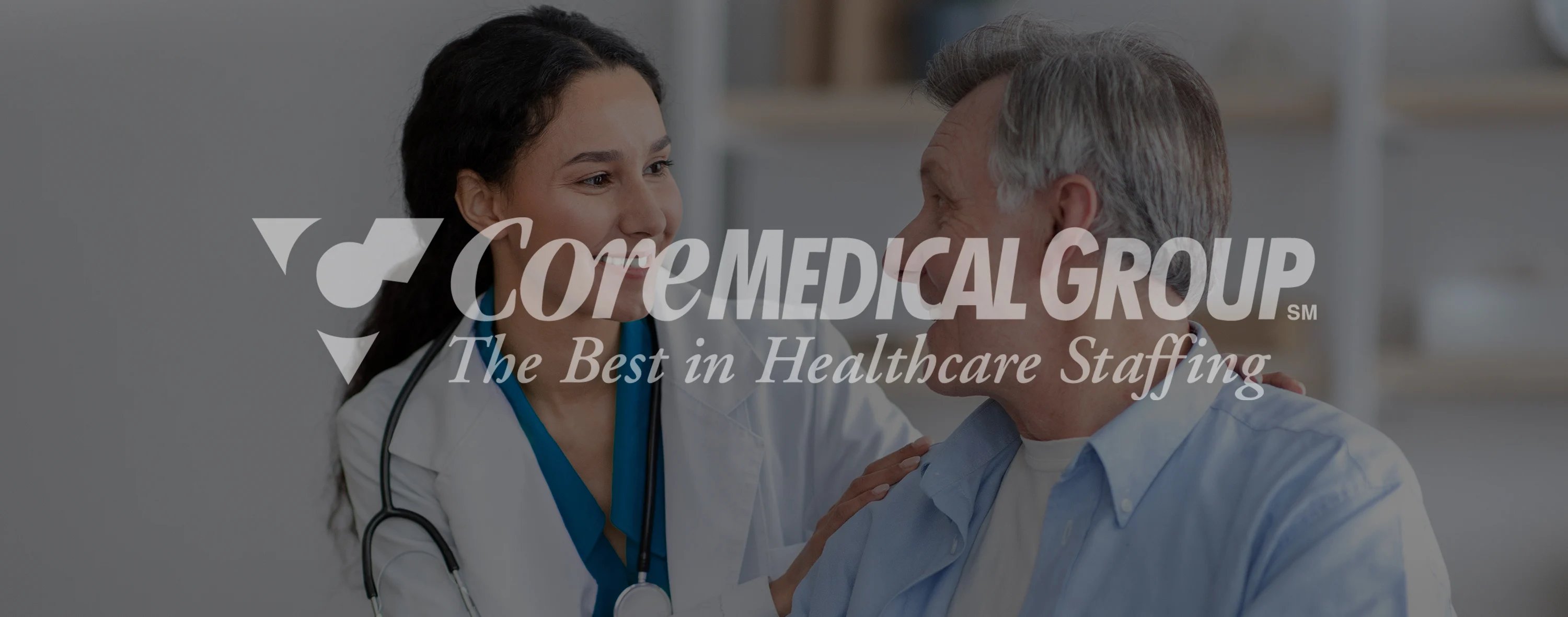
Graduates,
You’ve survived the long haul that is an undergraduate degree. This is a huge accomplishment, but your work isn't done just yet! Soon you will be entering PT school, perhaps your greatest challenge thus far. As you prepare to conquer the next portion of your professional development, we wanted to let you in on some secrets to keep you on top of your game.
And no, we aren't talking about how hard you're going to have to work or how stressed you may feel during test week. You've already prepared yourself, and we know you're ready. Instead, we're talking about the things you won't be able to find on your school's website.
1. Start by prioritizing
Prioritize. Take a look at everything in your life, and where they lie in importance. Start with the 2-3 things, not related to school, that you don't want to give up or compromise in any way. Remember, no matter how busy or stressed you may feel, work-life balance is necessary. Make sure you aren't sacrificing the things you love; instead, learn how to incorporate your work and school load into your routine so that all aspects can flourish!
2. Remember that school isn’t everything!
School is a high priority. After all, you will have committed 8 years and countless nights of studying to this endeavor. And while studying, test scores, and GPAs are important, they do not define you as a future physical therapist.
Now, we aren't saying that your grades won't matter, because they will. But don't stress yourself out past the point of no return, and remain confident in the knowledge and experiences you've gained while applying it to your academics. There are always going to be difficult tests and content to master, but it's on you to feel comfortable with the information you've learned. Remember, in 10 years from now, you’re not going to remember the grade you received, you’re going to remember the experiences that got you there.
3. People matter
Now that we know school isn’t everything, I’ll tell you what is: people. People are everything. No matter how stressed or busy you are, always make time to build relationships! You’re going to be around some wonderful, brilliant people in school. Take this as an opportunity to immerse yourself in other perspectives and backgrounds, all will shape you into a physical therapist you can be proud of.
Take into consideration the work-life balance we mentioned above. Go out with your colleagues, and learn how to say yes without remorse. You've put in the time, and have earned the privilege to put yourself first and take the time to build new relationships. It's all about the experience!
4. Imposter syndrome is real, prepare for it
While earning your undergraduate degree, you were probably one of the top students in your class. Now imagine you made it to grad school and all of a sudden, you are surrounded by a wide variety of people as bright and gifted as you are. Now all of a sudden, you feel average. If you've ever felt this way, you are not alone. This is what we like to call, Imposter Syndrome.
It’s critical that you recognize this feeling, investigate it, and leverage it for growth. Acknowledge that you’re feeling this way for a reason and use this as a tool to better understand yourself! Figure out what situations, tasks, or people make you feel this way and dive into why this happens. What about these things triggers your thoughts of insecurity? Once you have identified these things, you can use them as a tool to catapult your personal growth and help conquer this uneasy feeling.
5. Keep moving forward
Lastly, never stop growing! Never stop striving to grow your being - beyond your education. You will never know the person that you are destined to be until you start to push your limits and challenge the status quo.
Looking to find motivation in your PT career? Press the link below to discover your non-negotiables and create the future you've always wanted for yourself.
References
Villwock, J. A., Sobin, L. B., Koester, L. A., & Harris, T. M. (2016). Impostor syndrome and burnout among American medical students: a pilot study. International Journal of Medical Education, 7, 364–369. https://doi.org/10.5116/ijme.5801.eac4
